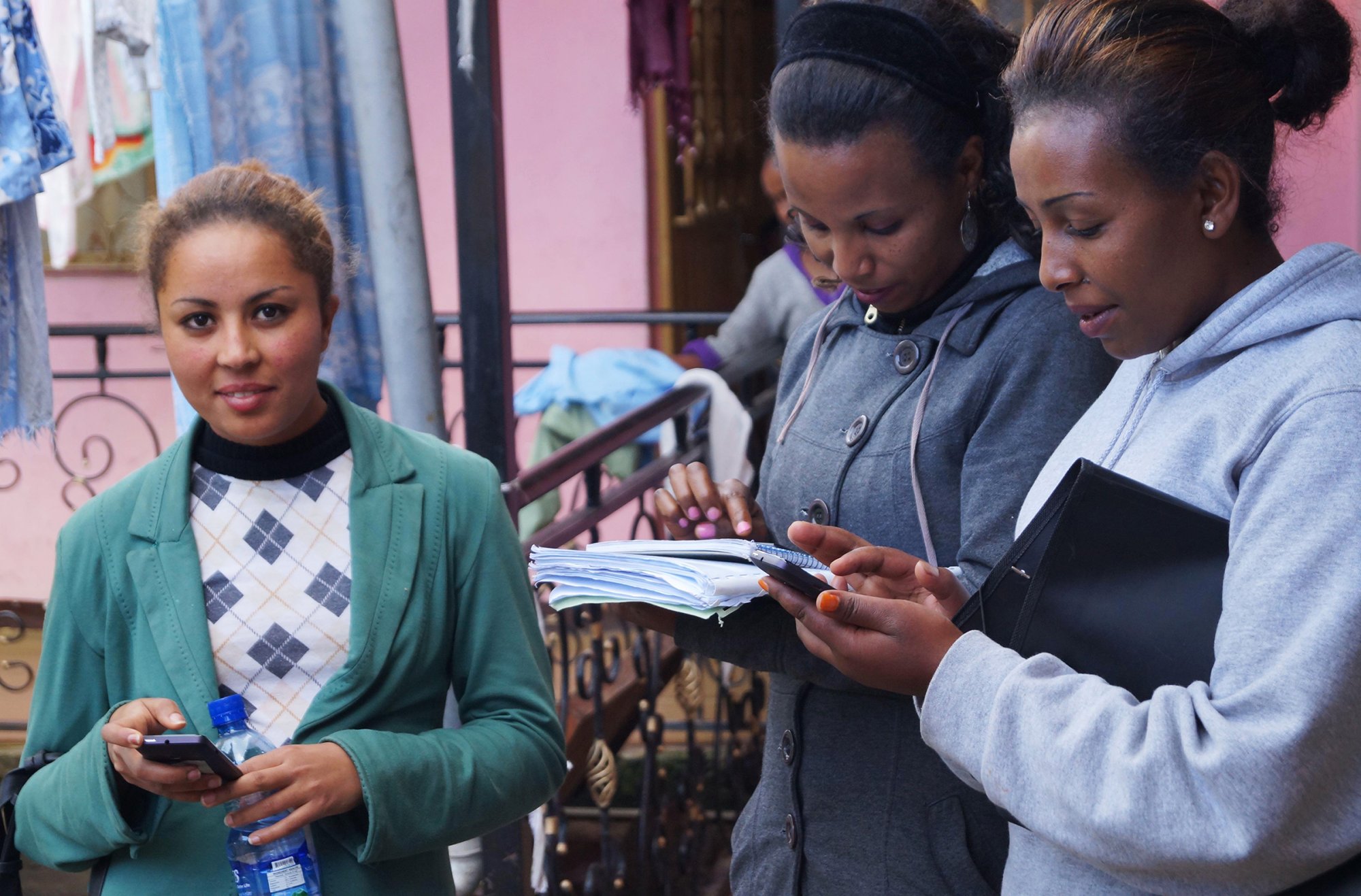The prospect of the global gag rule returning looms over decision-making and hampers our partners’ strategic priorities.
Documenting the Effect of the Global Gag Rule


Elizabeth A. Sully
Director of International Research
“Imposing US policies based on anti-abortion ideology to restrict reproductive autonomy on people in other countries is heartbreaking,” said Amy Friedrich-Karnik, Guttmacher’s Director of Federal Policy, reflecting on the impact of the global gag rule. This federal policy prevents global NGOs from receiving global health funding from the US government if they provide, refer people for or promote abortion services—even if they use their own funding to do so.
Earlier this year, Guttmacher published a report that provides advocates with clear evidence of the harm caused by the Trump-era global gag rule. Led by Elizabeth Sully, a Principal Research Scientist at Guttmacher, in partnership with Senior Research Scientist Margaret Giorgio and Principal Investigators from Performance Monitoring for Action (PMA) in Uganda and Ethiopia, the study outlines the impact of the policy in two countries that are heavily reliant on US funding for sexual and reproductive health care.
Working in partnership with the PMA teams in Ethiopia and Uganda, Guttmacher was able to follow the experience of over 7,600 women over a multiyear period. The findings were striking. In Ethiopia, where reproductive health care access has expanded significantly over the past two decades, the loss of US funding had a ripple effect that went far beyond abortion access, the ostensible target of the policy. NGOs were forced to end or scale back family planning programs, availability and use of contraceptive care declined, and family planning was less likely to be integrated into postabortion care services.
Meanwhile, in Uganda, where abortion access is highly restricted, two major NGOs serving millions of Ugandans refused to comply with the gag rule, and thus lost their funding eligibility. Family planning services offered through their community outreach networks declined, previous gains in contraceptive use stagnated, and the number of women seeking care for complications from unsafe abortion increased.
“When Trump came in, he expanded the rule beyond family planning funding to include all global health funding, so it had a broader impact than ever before. That’s part of what this research was able to document,” said Friedrich-Karnik, whose team is leveraging the findings for domestic advocacy efforts to permanently end the policy.
The gag rule has been in place under every Republican president since Reagan and has been rescinded by every Democratic president, including President Biden in January 2021. Sully and Friedrich-Karnik also hope to amplify how this practice of turning the policy on and off impacts an organization’s ability to provide critical care over time. “The prospect of the policy returning looms over decision-making and hampers strategic priorities. Where do you scale back, what additional fundraising do you need to do, what does it do to partnerships?” reflected Sully.
Sully’s team initially hoped to conduct a similar study in Ghana but found that some key service providers still hadn’t fully recovered from the policy’s implementation during the George W. Bush administration. “When an administration comes in and turns off the policy, partners still have to wait until the next funding cycle to reapply and get money back,” said Friedrich-Karnik. “Meanwhile, in four years the policy could come back again. That uncertainty has a chilling effect. Even when the policy goes away, the chilling effect stays.” By arming decision-makers and funders with this evidence, Guttmacher hopes to help mitigate future harm for women and families around the world.
What is the Global Gag Rule?
You can learn more about Guttmacher’s impact in our 2024 Impact Report
